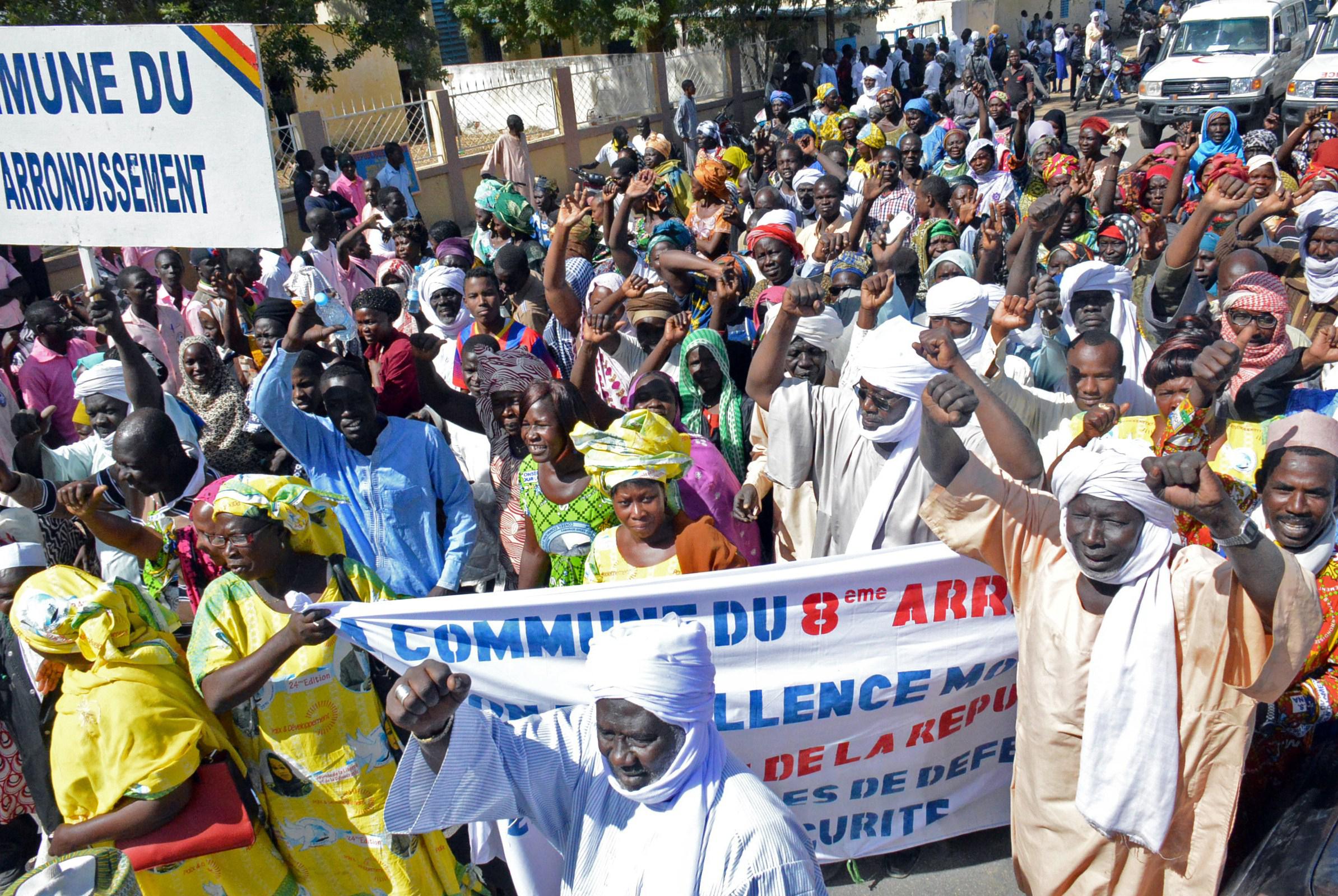Last week, reports emerged of a massacre in Nigeria, where, it was estimated, fighters from the Islamist extremist group, Boko Haram, may have killed up to 2,000 people in the towns of Baga and Doron Baga. The Nigerian military, which has been battling Boko Haram with mixed success since 2009, when the group began its militant campaign to establish an Islamic state within Nigeria, claimed the number had been hugely exaggerated and probably did not exceed 150. Amnesty International, meanwhile, released satellite images showing the destruction of hundreds of structures and damage to thousands more in the area, lending credence to the 2,000 figure initially reported by local officials.
Nnamdi Obasi, senior Nigeria analyst at the International Crisis Group, doesn’t put much stock in any of these figures. “Nobody, and I say that emphatically, has a very good estimate of what the casualties are,” he told me late last week. “The figure given by the government, the 150, is almost certainly a gross underestimate. It doesn’t tally with the images or the accounts of residents. The figures published by Amnesty International we must also take with some caution, because it is not based on a body count.”
Thanks to Boko Haram’s control of the area, it’s impossible to know anything for sure, but Obasi says he trusts the eyewitnesses who described seeing “hundreds” of bodies on the ground as they fled the attack. Many were reportedly also drowned while attempted to cross Lake Chad into neighboring Chad.
Even if the numbers are lower than the reported worst-case scenarios, it doesn’t change the astounding fact that Africa’s most populous country, with the continent’s largest and most dynamic economy, is also home to a conflict with war casualties comparable to Iraq’s last year, and an area roughly the size of Belgium now under attack from a group that aims to take the country back to the Middle Ages.
Boko Haram’s governance style, such as it is, differs from those of other Islamic fundamentalist groups that control territory. ISIS, for instance, insists on Sharia but often tries to win favor with locals by providing some semblance of governance and social services. Not Boko Haram. “In the areas they have taken over, they are the de facto government, but they have not set up elaborate systems of government for delivery of services,” says Obasi, who notes that access to services like water, sewage, and electricity was far from universal in these areas even before Boko Haram’s takeover. The group has been much more enthusiastic about dispensing its own brand of justice, including amputations and floggings.
Nigeria’s president, Goodluck Jonathan, has been under intense criticism for failing to curb the insurgency and exerting more effort in cracking down on his own domestic critics than protecting the Nigerian people. At times Jonathan has seemed oddly unperturbed by the violence. Last week, for instance, he issued a statement about the attack on Charlie Hebdo in Paris before addressing the much larger massacre in his own country, prompting an #IAmBaga campaign to begin circulating on social media.
The fact that a sizeable swath of Nigeria is outside the government’s control is particularly troubling given that Nigeria is due to hold an election next month. Jonathan, who’s been under heavy criticism for months for his failure to get the crisis under control, is locked in a bitter campaign battle with former military dictator Muhammadu Buhari, the main opposition candidate. In addition to the violence, the government has been stung by corruption allegations and the economic fallout of slumping global oil prices.
The electoral commission has conceded that, due to the insurgency, voting will probably not be held in parts of three states, Borno, Yobe, and Adamawa.* In Borno, up to 70 percent of the state may be inaccessible to government officials. Perversely, this could work to Jonathan’s political advantage. Support for the opposition is strong in these areas—Buhari is a northern Nigerian Muslim, while Jonathan, a Christian from the south, is often accused of inattention to the less prosperous north’s concerns. “If the elections aren’t held in those states, it’s advantageous to the ruling party,” says Obasi.
Whoever wins in February, there’s not much reason for optimism. The Nigerian military claims to be outmatched by the armed militants and has been accused of committing its own atrocities against civilians, which won’t help its effort to win local support. As for the larger issues of corruption and economic inequality that have helped Boko Haram gain support, Jonathan seems no more prepared to deal with those issues than he is to combat Boko Haram.
The conflict is also starting to cross borders. Boko Haram fighters have repeatedly clashed with the military of neighboring Cameroon, and in a video earlier this month, the group’s leader Abubakar Shekau threatened to step up attacks on the country unless it abandoned its constitution and embraced Islam. The government of Chad, which has thus far not been attacked by the group but borders the conflict area, now says it will join the fight against Boko Haram alongside Nigerian and Cameroonian forces, which could involve Chadian troops operating on Nigerian territory.
What was once a local insurgency is fast becoming a major international conflict. In light of this, it’s unfortunate that when the international media does devote attention to the violence, it often seems focused on asking why there isn’t more coverage of the conflict, rather than just covering it.
*Correction, Jan. 20, 2015: This post originally misspelled Adamawa.
